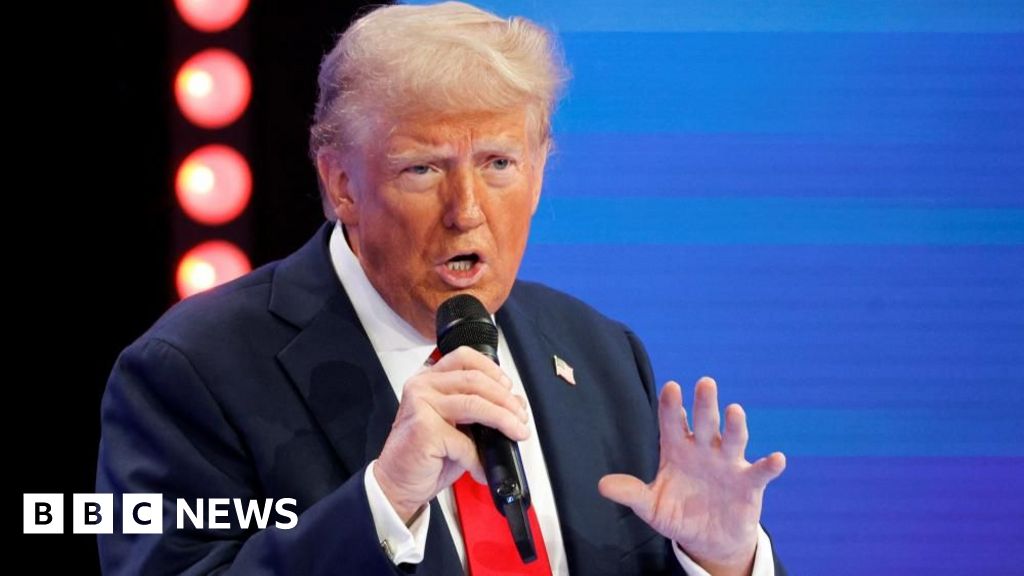Should a citizen base her vote on a presidential candidate’s qualifications, policy prescriptions, and character? Presumably, but not everyone thinks these are the only criteria.
In a HuffPost blog entry prior to the 2008 election, Peter V. Emerson and Michael Maslansky claimed that “it will not be the experience of a candidate that propels him or her into the presidency; it will be the emotion of the voter that decides who becomes the next president.”
Emerson and Maslansky believe it is the way voters “feel,” their “emotional connection” to a candidate, that ultimately determines how they will vote. They cite three emotional tests: “the likeability factor,” “trust,” and “vision.”
Regarding the first test, they ask: “Who would you rather sit down and drink a cold beer with during the already overheated 2008 Presidential election campaign? Not a martini or champagne, just an ice-cold beer.” As to the second, “Who would you trust to stand between your child and an attacker? Or whom would you choose to go down into the basement at 3 a.m. to investigate strange noises?” And finally, the “vision” test: “Whose future do you want to live in?” Americans “will vote for the candidate who convinces them that the future can be better than the present.”
On the eve of the 2008 Iowa caucuses Emerson and Maslansky concluded that “what is increasingly clear in this election is that it will be the candidate who makes us feel, not think, who will be sipping champagne in the White House at 5 p.m. on Jan. 20, 2009.”
In 2024, for a sizable portion of the electorate, it may be a case of the candidate they “dislike” the least.
In Kamala Harris’ case, some are turned off by her apparent reluctance to conduct news conferences. Others say that, when she has granted interviews, her responses seem rehearsed or scripted or evasive (in the debate with Donald Trump and in her interview with the National Association of Black Journalists she was asked whether Americans are better off today than they were four years ago; she gave an answer, but it was not an answer to the question asked).
In Donald Trump’s case, many are fed up with his pompous, narcissistic bragging, the incessant name-calling, and the exaggerations and falsehoods that fail the fact-checking tests, the latest being Haitians in Springfield, Ohio, eating cats and dogs!
Rather than vote for a candidate who I simply dislike the least, the so-called “lesser of two evils,” I would rather go against the grain and vote for a third-party candidate whose policies I endorse, or write in a candidate’s name, or register a silent protest by sitting out the election.
In 2020 roughly one third of the voting-eligible population (about 80 million citizens) did not vote in the presidential election.
Some people think that not voting is unpatriotic. I respectfully disagree. Is it unpatriotic to abhor the division and polarization on display in the rhetoric and actions of the major political parties? In his Farewell Address (1796), George Washington, who did not belong to a political party, warned against “the spirit of party” which “agitates the community with ill-founded jealousies and false alarms, kindles the animosity of one part against another, foments occasionally riot and insurrection.”
And is it unpatriotic to have serious misgivings about the way in which candidates are selected or to be appalled by the amount of “dark” money that floods the system?
Not in the least!
John Kearney of Waterloo is a retired philosophy professor at Saint Joseph’s University in Philadelphia.
This article originally appeared on Des Moines Register: Opinion: Voting third party or sitting out can be principled choices















